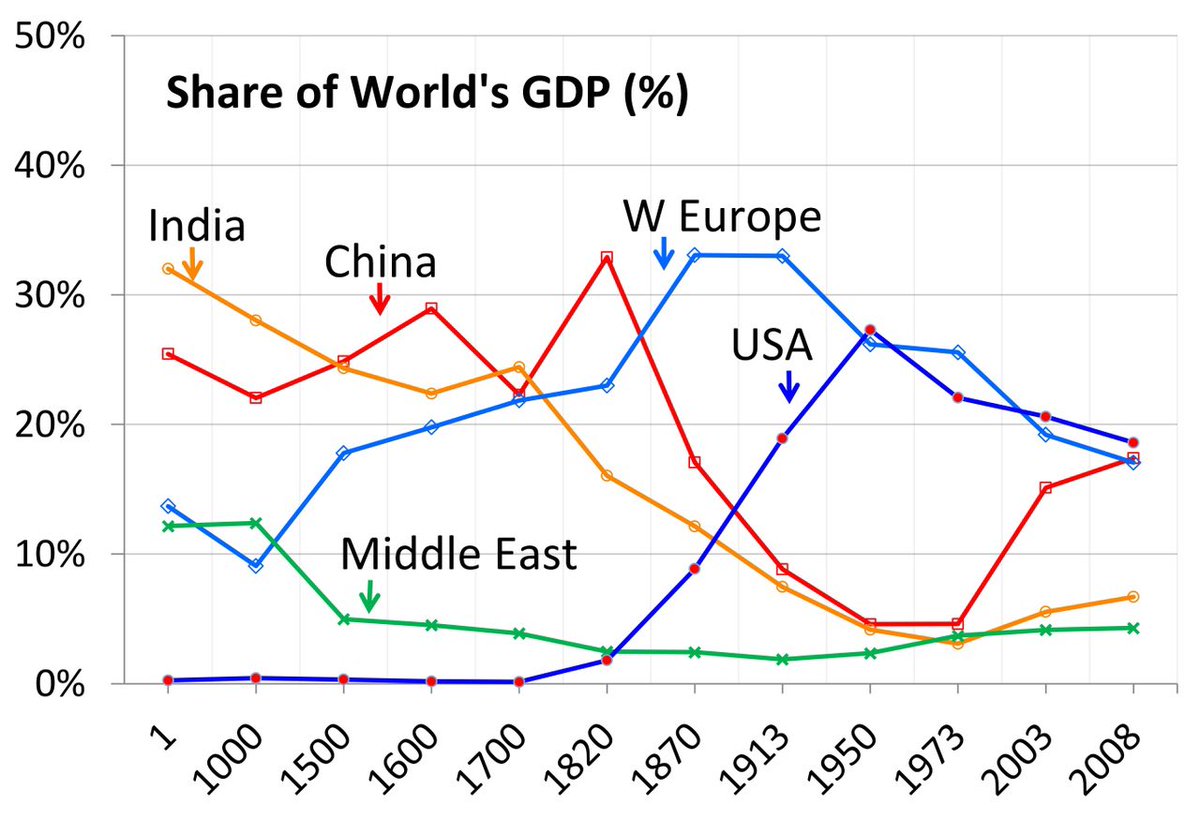
“The world was well governed in earlier ages because of sages. It was well governed in later ages because of sages. The virtue of sages earlier or later was not different, and therefore good government in earlier ages and today is not different.”—Wang Chong, Han dynasty 

“The nature of earlier ages was the same as the nature of later ages. Nature does not change, and its material forces do not alter. The people of earlier ages were the same as those of later ages.”—Wang Chong 2/4
What Wang Chong points out is key in macro historic analysis and forecasting—in our understanding of eternal forces: assume nature, and human nature, have not changed. At least as far as the core rules of the game; this time is probably not different. 3/4
The idea that society can run without sages (persons of virtue & foresight), and instead by a cold network of laws (“checks and balances”), a network of financial rules (“just maximize profit”), or artificial intelligence, is to assume things will be different this time. 4/4
BTW, I think Chong would also laugh at the Anglosphere’s “end of history” mythology. As if all prior empires ended, and all prior cultural expansionist trends eventually peaked and declined, but the fate of THIS empire and THIS cultural trend is somehow different? 🧐
• • •
Missing some Tweet in this thread? You can try to
force a refresh





